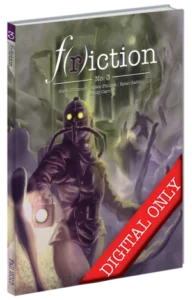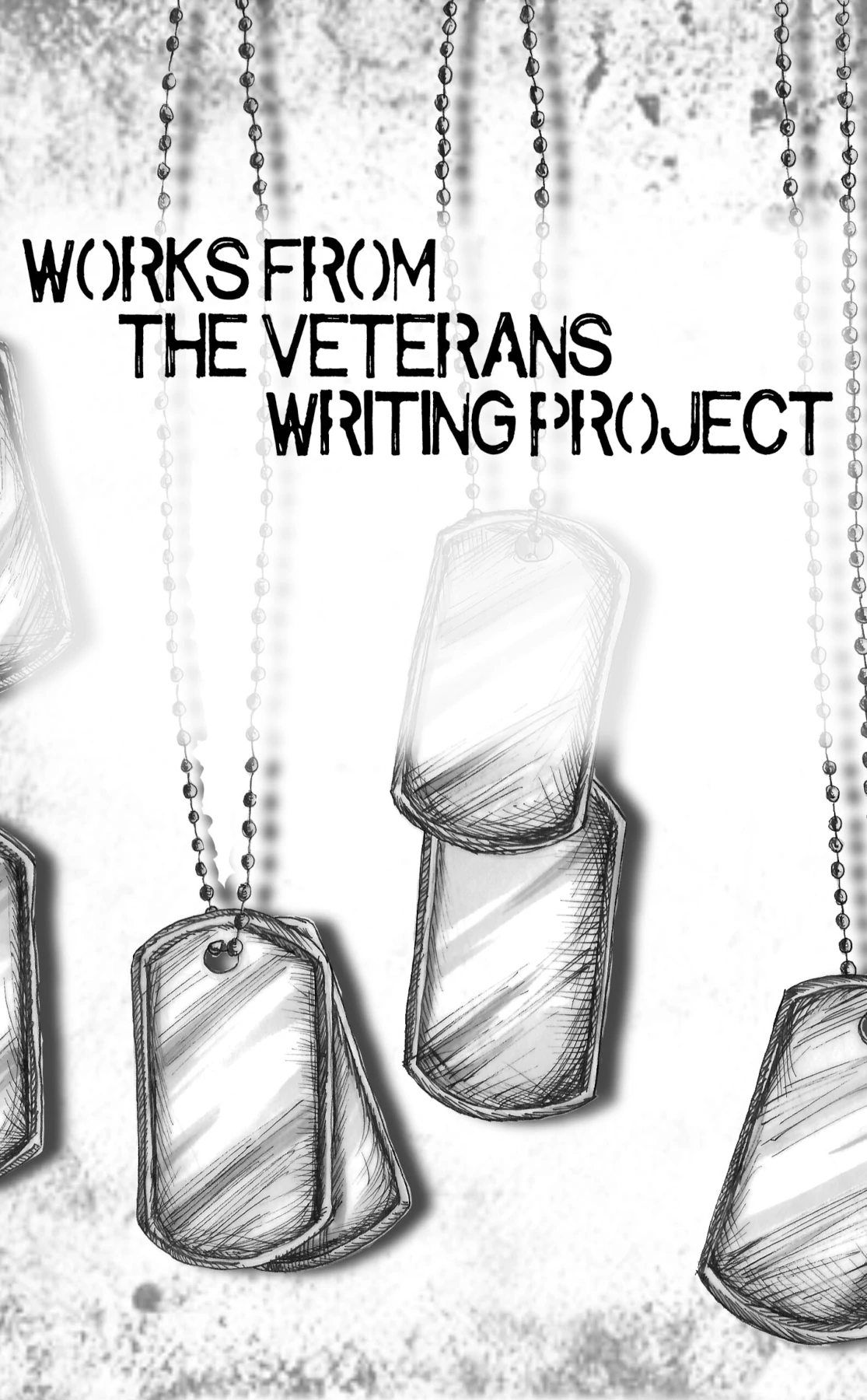
Works from the Veterans Writing Project
Words By David Bublitz, Sylvia Bowersox, Aaron Graham, Caroline Bock, Art By Dara Cochran
The Veterans Writing Project provides no-cost writing seminars and workshops for veterans, service members, and their adult family members. It publishes their fiction, nonfiction, and poetry in a quarterly print journal and online. You can learn more about the Veterans Writing Project at veteranswriting.org, and read O-Dark-Thirty online at o-dark-thirty.org.
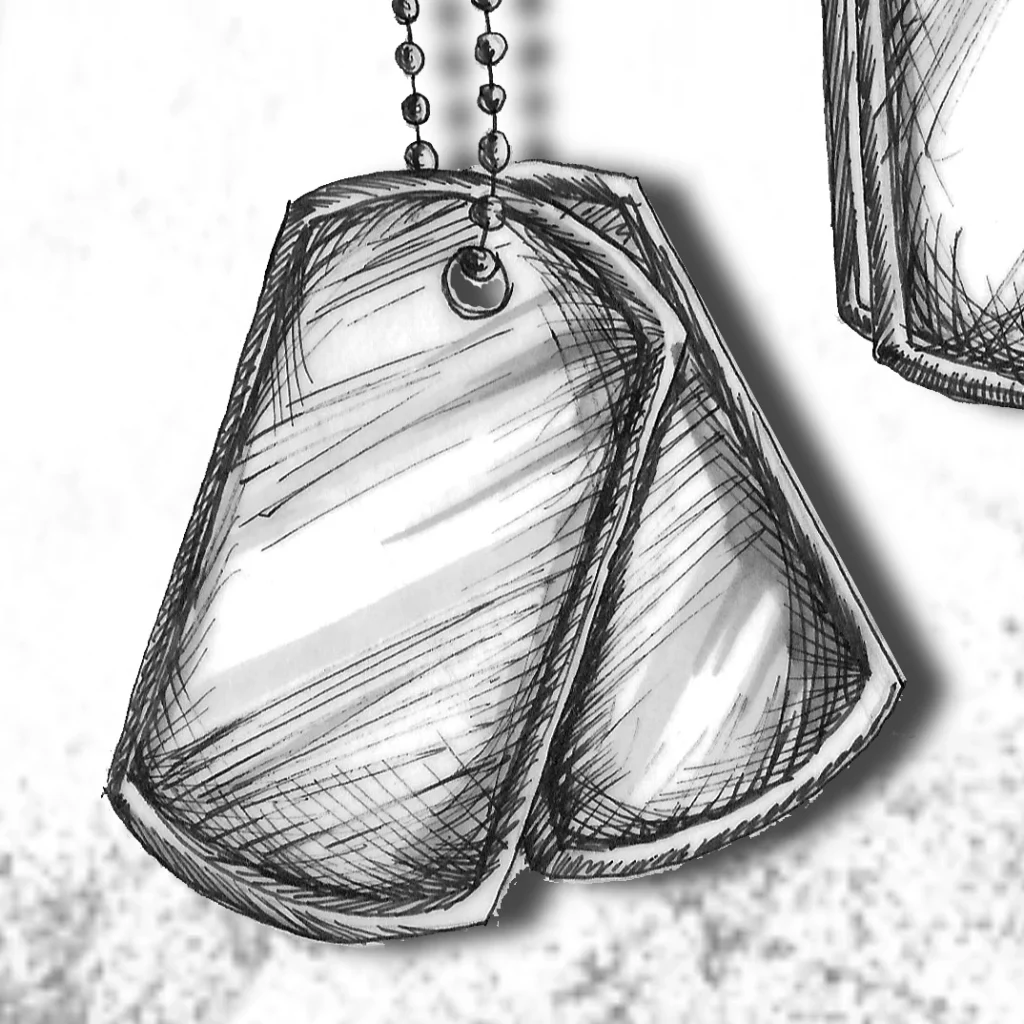
20 To Life
by David Bublitz
if they wanted me
to collect a check
buy expensive
shoes wear a tie
pay taxes sleep
at night raise
a son teach
him how to be
a man if they
wanted me
to live
why did
they give me
this gun

This War Can’t Be All Bad
by Sylvia Bowersox
This war can’t be all bad. We sing karaoke on Mondays and Wednesdays and sit by the pool behind Saddam’s Presidential Palace after work and smoke cigarettes. By midnight we are watching others smoke cigarettes and drink and jump off the high dive naked. Jokes that any teenage boy would roll his eyes at explain the meter-wide butt- shaped flattening of the sandbags behind your buddy’s trailer. It’s another episode of “Operation Green Card Get Me Out of Here Sex,” and today the happy contestant was the Kurdish woman who works in his office. By dawn KBR, that American multinational corporation providing support services to our war, is doing our laundry, and by day we go to meetings where the Iraqi employees cry with fear over the sentence of death imposed on them by the insurgents for the crime of working for us here at the Embassy.
This war can’t be all bad. We get visited by senators, representatives, and university professors who arrive by night to write books, collect hazard pay, and earn their sand cred. We acknowledge their positions and provide thank-you notes for the well-meaning people in their districts who send us collections of the worst books and magazines ever published. We get mail from the trailer behind the palace and buy paintings from the PX whose creators rarely sign their work. We buy rugs made by children imported from somewhere else and purchase Saddam Hussein watches at the Hajji Mart from the smiling man in the washed-out dishdasha until the whole thing was blown up by that suicide bomber on the same day that other suicide bomber blew up the Green Zone Café and all the people in it. We always get our hair done in the palace by three liberated Iraqi women in tight jeans and a KBR employee from San Diego. We play piano and guitar for parties and eat Chinese food at the “Bad Chinese Food” restaurant until it was closed because of the chickens hanging in the toilets and that guy who got hepatitis. Nobody notices the massage place above the kitchen but everybody knows that there are no happy endings there. And yesterday afternoon the general’s translator told us over lunch that the young female translator who helped us in Mosul was shot dead outside the gate on her way home from work.
This war can’t be all bad. We get good food, except for that week when the delivery trucks were delayed by too much death, that week we ate MREs and multi-use potato dishes. Now we get yummy food; we get mint chip ice cream and avocado salads and made-to-order omelets and lattes by our Pakistani cooks, and catered parties with martinis at noon and beer and wine and music under the awning and pizza in the parking lot and steak and crab on Thursdays. We only have to hide under our tables and desks when rockets land in the courtyard.
We get to hang out of windows celebrating football and soccer and gossip about who is doing what to whom and how. We go on dates at the Blue Star Café and talk to friends a million miles away on our cell phones and have screaming debates about fixing the country. We watch the Academy Awards and the Grammys and The Daily Show and we get up early to watch the election and stay up late to watch the game and I got cake on my birthday and flowers when I sang, and I always haggle over prices with the black-clad ladies minding the bathrooms and everyone always politely listens when an old Iraqi man tells us he is afraid for his life. Two weeks later someone asks me if I have seen him.
This war can’t be all bad. I got here by showing up at my Army Reserve center in California in time to jump aboard the Baghdad bus with my unit and here I am, a thirty-something Army broadcast journalist with an M16 on my back and a Sony video camera in my hands, doing television stories for the American Forces Network and the Pentagon Channel. I live in a trailer behind the palace, take a Blackhawk to work, and get to hang out with reporters from the Western and Iraqi media. Members of our group operate cameras at press conferences with Coalition Provisional Authority spokesman Dan Senor and military spokesman for the Coalition Forces General Mark Kimmet, and when we were under a credible kidnapping threat we got to walk around the office with our M16s loaded.
This war can’t be all bad. We watch DVDs on huge TVs and roll over and go back to sleep during alerts. We get to eat at the outpost restaurants in the Green Zone and laugh at that guy in the gorilla suit and buy toys and jewelry from the locals and feel good about ourselves for spreading shoes and pencils and candy and democracy and by sending emails and keeping blogs and taking pictures. Sometimes, one of us, in a fervor of hopeful, democratic consumerism, jumps the fortified fence to go shopping in the Monsour district. And sometimes the shopper even comes back and sometimes that shopper even shows me pictures of their field trip and feeds me sweets from the shops. And the music at the embassy memorial services is always beautiful and the deceased always looks so happy in the memorial pamphlet picture.
This war can’t be all bad. Because of it, all of our résumés look great and will find us high- paying jobs back home and everyone here thanks me personally for giving them their freedom and everyone at home thanks me for my service and I get to mourn in silence. We get to drive cars and pick up journalists at checkpoint three and every American wants a pet Iraqi and every Iraqi wants a pet American and it is not even strange anymore when you know someone who has been killed, kidnapped, or kidnapped and killed.
This war can’t be all bad. The pundits should know that God is taken care of here. We have church on Sunday, synagogue on Friday, prayer groups on Tuesday, witness services on Wednesday, a Muslim prayer rug lives behind a screen in the chapel under the ninety-nine names of Allah. Buddhists meditate alone and the Wiccan stays indoors on Saturdays with her boyfriend. Someone said to someone in the bomb shelter next to the parking lot during an attack that Mormons do their best work in war zones, and I believe it. The fun of it all is that we all get to boss the Iraqis around and feel important by telling them what we are going to do for them and what is good for them and we never have to take no for an answer and we always assure our diplomats that we have Iraqi buy-in and our diplomats always assure their secretaries that they have Iraqi buy-in and their Secretaries always assure the President that they have Iraqi buy-in and the President always assures the American People that we have Iraqi buy-in and the American People don’t care. And the Iraqi who works in your office and thanks you personally for granting him his freedom from Saddam Hussein plants IEDs on the roadways by moonlight while the movie theater downstairs plays Ocean’s Eleven six times a week and Breaker Morant twice and later in the Big Office someone important takes notes for the eventual PowerPoint presentation as a man pleads for us to do something about the Christian genocide and mentions in passing that there are only 85 Jews left in the country.
This war can’t be all bad. Big men growing weapons from their armpits give us protection when we go on missions in the Red Zone and we get to feel like celebrities in large white SUVs as these hunks and their guns open our doors and scan sectors while we gather phrases for government documents from obsequious Iraqi officials who become glorious resistance fighters after we go home. On our days off we play volleyball and horseshoes and Marco Polo and on the Fourth of July we eat too much and feel good about ourselves, sing in the chorus and tape together empty water bottles for the “Empty Water Bottles Taped Together” raft race. We also hide in the basement or under our beds or not at all during rocket attacks on those days. We can’t be the ones to die, not on those days.
This war can’t be all bad. The President’s plan for success in Iraq is working and we don’t even need to know what that plan is this week and Zal once stopped me in the hallway to tell me he saw me perform last night in the Baghdad Idol semifinals and what a talented singer he thought I was and I shook hands with Colin Powell, Condi Rice, John McCain, Senator Barry Obama, Senator John Kerry, Governor Jeb Bush, a beauty queen, Geraldo Rivera, an actor who used to play Superman on TV and some folks with earnest smiles that I had never heard of. I also exercised in the same gym and ran on the same dusty track behind the palace with Dave Petraeus and waited in line to see President Bush when he came to Baghdad and the soldiers assigned to AFN, who had to clean the blood off of Kimberly Dozier’s cameras, didn’t know who she was.
We all had cameras and took pictures of people around the palace and Iraqis around the rubble and ordered clothes from Gap.com and condoms from Drugstore.com and DVDs and yoga mats from Amazon.com and partied at the British embassy, enjoyed pizza night at the Italian Embassy, danced with the Ukrainian Ambassador and laughed at the Iraqi women who wore all the makeup ever made all at the same time all the time, and men who thought we were in Washington and wore dark grey and black wool suits and went to redundant meetings and car bombs went off in the middle of Iraqis waiting in crowds to get in to see us and the pictures of dead Americans hanging from a bridge frightened little children alone at night watching television.
This war can’t be all bad. Once you’ve been there you’ll be back again, and again, and again, and again, and again, and then Iraq will live in your dreams and be the most exciting horrible thing to ever take over your life and then you will have the right to declare with a clear conscience and a steady mind and the moral sense born out of 9/11, and YouTube video clips, and statements from the Dixie Chicks, and Sean Penn and Ted Nugent’s guitar and Cindy Sheehan’s campground and the Occupy movement’s rants, and Obama’s mother and my mother and your mother and all mothers, whether or not, all and all, with all things considered, in the conflict between good and evil, lock, stock and barrel, under the eyes of the Global War on Terror, the mind of God, Osama Bin Laden’s ghost and the sinking economy, this war can’t be all bad.

Spirit of a Solstice
by Aaron Graham
At the violet hour, you found azure icicles hugging
The bathroom vanity—diving, splintering bodies
Resonating with D minor’s deep blue when they struck.
You picked up their shards,
Constellated them into shapes of dying stars,
And pinned them together like an antique wedding dress.
At the violet hour, they sang unrivaled eulogies
of beauty and felicity, the tonic and the subdominant
of black and grey.
This is cactus land
At the yellow chirping of the fail-safe alarms
You awoke to a dappled snow.
Cinder-speckled drifts incompletely refract
The dim light of a put-upon heaven
You began this vigil two anemic weeks ago.
Weeks when moments of indigo still seemed
To drift between ash clouds
You awaited the shadow like a guest.
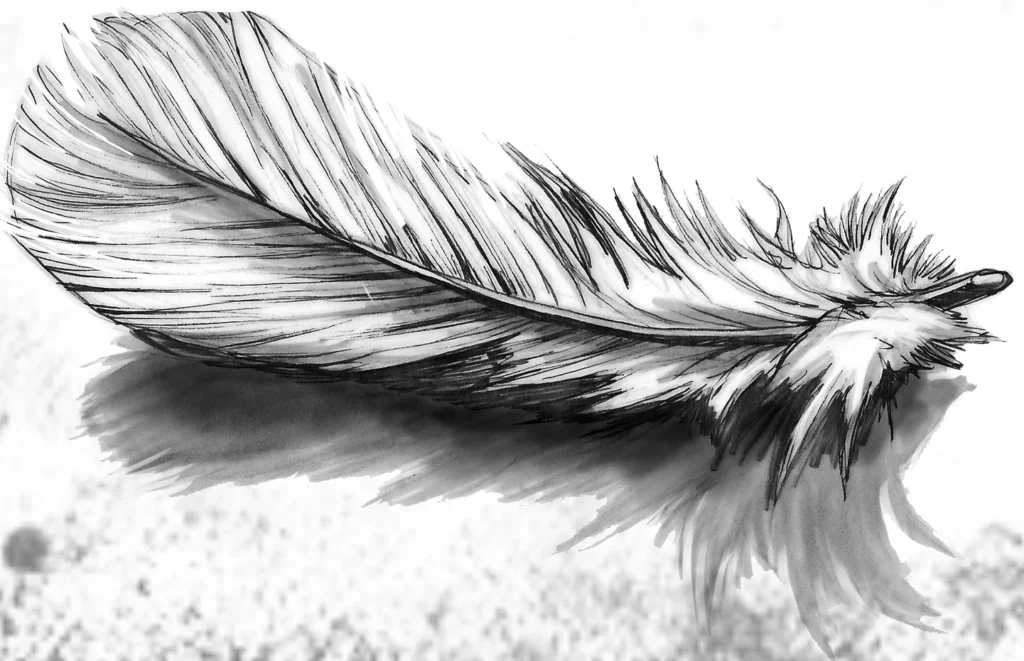
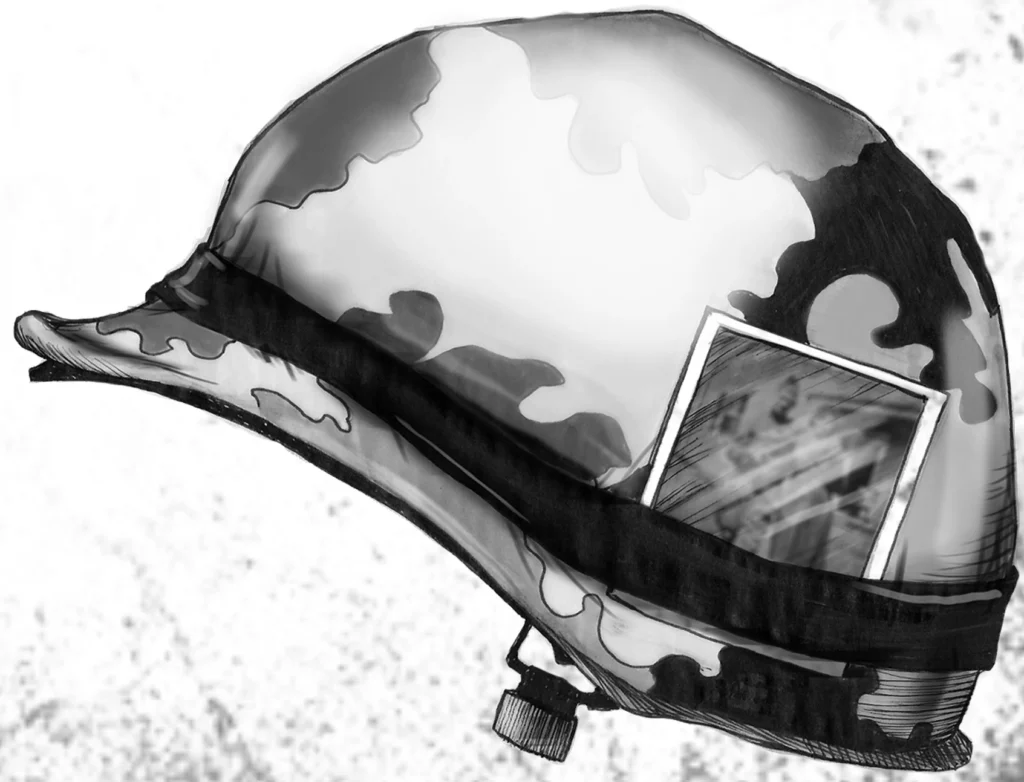
Father, Found
by Caroline Bock
He’s as skinny as I ever saw him
in that black and white photograph
Shirtless against a handwritten sign
B’s Chicken Farm, Korea Division
On a hill that never had a name or
he was never informed of the designation
Running radio wire, not so
different than chicken wire except
for the guns and dysentery and
frost biting bitter and black-hearted
Back home, he worked his family’s Jersey farm
he knew how vicious
the chicks could be
ready to pluck one another’s eyes out
for an extra spike of grain
Caroline Bock is the author of two critically acclaimed young adult novels: Lie (St. Martin’s Press, 2011) and Before My Eyes (St. Martin’s Press, 2014). Her short stories and poetry have been published or are forthcoming in Akashic Press, Gargoyle Magazine and its Defying Gravity Anthology, Fiction Southeast, 100 Word Story, Ploughshares, Prometheus, Vestal Review, and O-Dark-Thirty. She is also a regular contributor to The Washington Independent Review of Books. She is a graduate of Syracuse University, where she studied creative writing with Raymond Carver, and she holds a MFA in fiction from The City College of New York. She lives in Maryland with her husband and two children and is honored to note that both her father and mother served in the United States Army.
